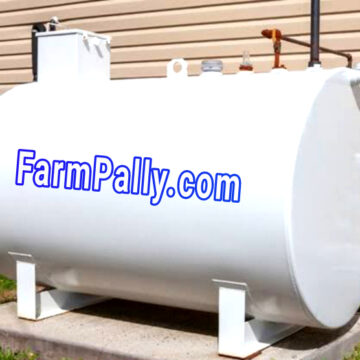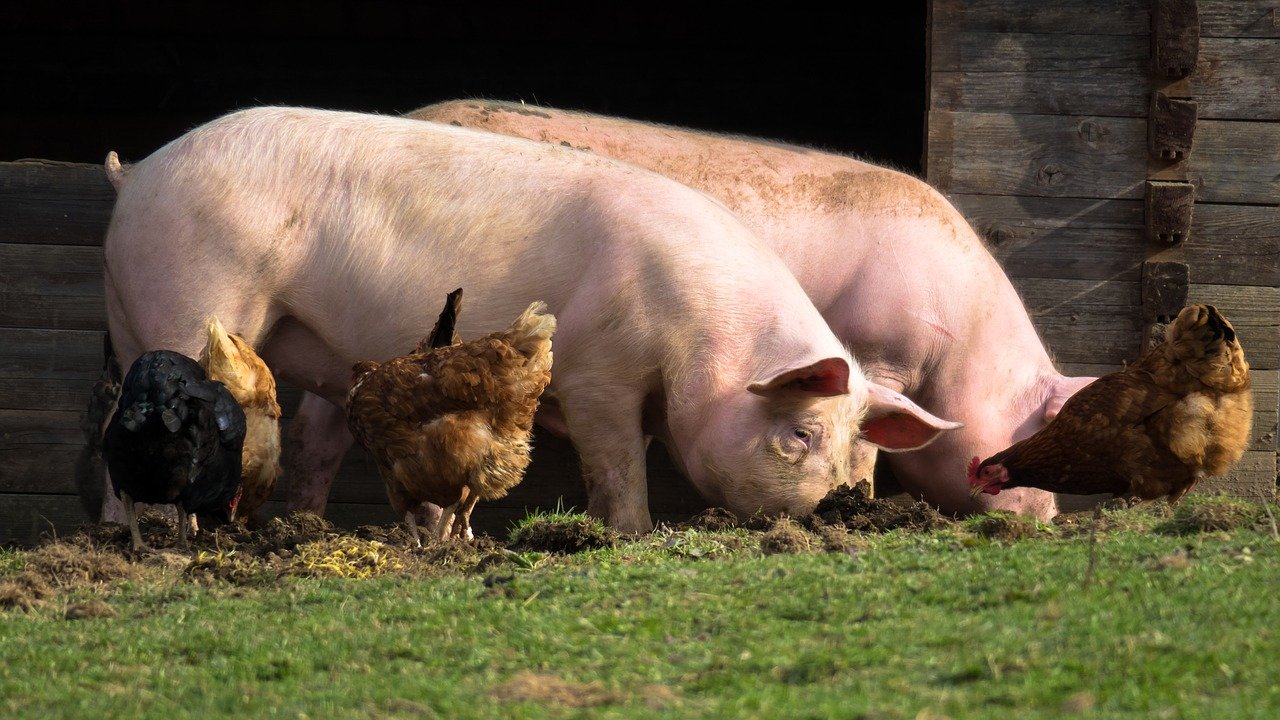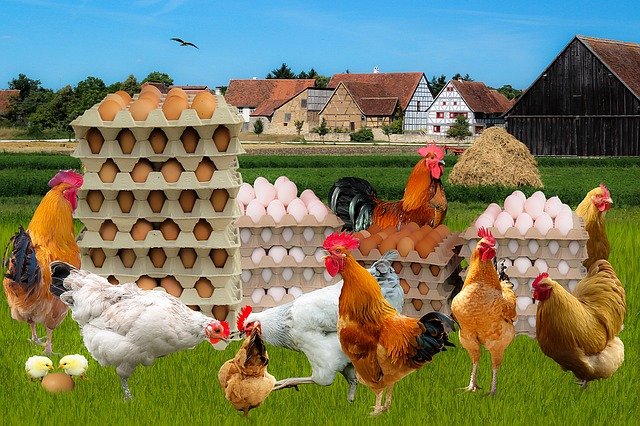When layer chickens are fully matured, they lay one egg per day.
Poultry farmers are often faced with egg drop syndrome and it can affect their productivity if the issue is not addressed promptly.
There are tons of factors that affect egg production in layers.
Some of these factors are related to breeds, management practice, and natural factors.
Factors Affecting Egg Production
- The Quality of the Layer Chicks
- General Hygiene
- Feeding
- Housing (Ventilation, Lightening, Heat stress, Overcrowding
- Predators
- Vaccination
- Disease
- Changes in Weather
In commercial layers egg production, these factors should be taken seriously, otherwise, it can cause a drop in egg production and small eggs in layers.
Causes of Decline in Layer Egg Production
There could be different reasons egg yield suddenly drops in poultry.
Let’s go through the causes and the solution to the problems
- The Hen is in Molt
Molting is when a chicken sheds its feathers to grow new ones.
It is stimulated by changes in hormones in the chicken, and it helps the chicken to rebuild its nutrient reserves.
In this situation, the layers don’t have enough energy to produce eggs regularly.
This process usually takes place in late autumn, however, birds can be induced to molt in other to delay egg production for a certain reason.
How to Know Egg drop is caused by Molting
The plumage of the layer chickens seems patchy, tattered, and unattractive
There are many feathers on the floor of the chicken house
How to increase egg production during molting
During molting, the chicken needs more energy, therefore, give them more feed.
You need to also increase lime in the diet to help in the formation of the eggshells.
Feeding mussel grit or eggshells can also be recommended here.
Also, brewer’s yeast can be added to their feed since it’s a natural source of B vitamins, amino acids, and trace elements.
- Protein Deficiency
Protein deficiency can lead to a drop in egg production or low-quality eggs.A balanced diet helps the chickens to stay healthy and fit to lay quality eggs continuously.
Beginner poultry farmers often make mistakes and underestimate the benefits of a balanced feed that’s rich in all classes of foods for birds.
When chickens suffer a deficiency of protein, vitamins, and the necessary mineral, it can lead to small size eggs, shellless eggs, and low egg output.
Naturally, you’ll find free-range hens eating grasses during summer.
This helps the chickens to enrich themselves with an adequate supply of vitamins.
- Mites in the Chicken house
During summer when the temperature is hot, mites reproduce more and increase their population in the chicken house.
The red bird mite in particular is a major problem for chickens.
They hide in the chicken house during the day and come out at night to suck the chickens’ blood.
The constant loss of blood weakens the chickens very much, which means that the laying capacity can be impaired.
- Poor Lightening
In order to increase egg production in commercial layers production, the lighting condition should be suitable for egg-laying.
Ideally, the hens need at least 14 hours of light in a day.
During summer, the weather is always bright and we have longer days, so lighting is certainly not a problem.
However, during winter, the sun rises late and sets again early, therefore, the chickens have to manage with much less light, and this can lead to a reduced laying performance.
Therefore, you should add an additional light source in the morning and evening during winter.
However, switch off the light in the evening to give the hens time to relax. Otherwise, there is a risk that they will peck at each other.
- Unfavorable Temperature
Too hot or too cold temperature can affect commercial egg production.
Both conditions contribute to the chicken’s body having to fight against the extreme temperature and either warm-up or cool down.
The temperature that is well below 10° Celsius or far above 30° Celsius is not suitable for layer egg production.
If it is too hot in the barn during summer, ensure there’s sufficient ventilation by opening the windows.
However, these should be secured against predators.
If the temperature drops below 12°C in winter, you can use a heat lamp or integrate a heating system with the barn.
This provides pleasant warmth and helps the chickens to start laying again.
- The Chicken Breed lays only a few eggs
There are chicken breeds that lay relatively more eggs, for example, the Leghorn and there are breeds that lay only a few eggs per year, for example, the Cemani.
There are also hybrid layer chickens that have been bred specially for high egg-laying performance.
However, you should consider these before raising hybrid chickens for egg production.
Hybrids lay many eggs, but only in the first year. After the first year, the laying performance decreases considerably, and by the third year at the latest, most hybrids no longer lay eggs at all.
When choosing the layers for commercial egg production, you should therefore consider whether you would rather have eggs over a long period of time or many in a short time.
- The Layers have become Old
As you might’ve known, layers or any other type of birds do not lay eggs all their lives.
Layer chickens only lay eggs during their first few years.
Most of them start to lay eggs after six months from birth.
As chickens become old ( three years) it is therefore not a problem if the laying performance decreases.
Conclusion
There are different causes of a drop in egg production in a flock of layers.
It is important for a commercial poultry farmer to adhere to standard management practices.
If you’re raising layers for egg production, ensure the following situations are well managed or avoided.
- Deviation from the normal routine
- Sudden change in feeding pattern
- All farm operations involving the handling of birds such as vaccination, debeaking, etc should be done gently during the cooler hours of the day.
- Non-availability of water and feed.
- he sudden noise and over excitement
- There are some drugs that if they are used for a longer time than prescribed can cause a drop in egg production. Examples of such drugs are sulphaquinoxaline, copper sulfate containing drugs, follow the instructions given by your vet properly








